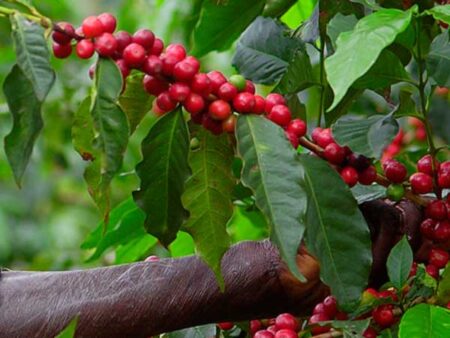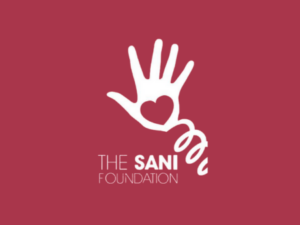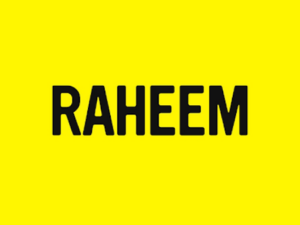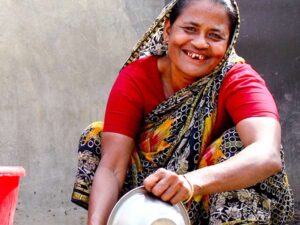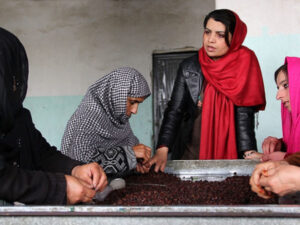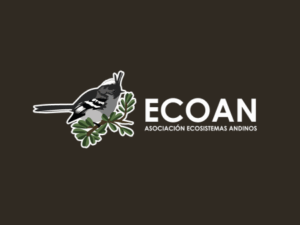Angela Code is a member of the Sayisi Dene First Nation. She was born in Churchill, Manitoba (the polar bear capital of the world). Angela spent her childhood in her home Indian reserve at Tadoule Lake, Manitoba. There, she was surrounded by denesuline (Chipewyan Dene language), culture, family and community of her people. The Sayisi Dene are caribou people – much of their identity is directly linked to their traditional territory and living off the land. At age 10, Angela’s parents Allan and Mary Code moved her and brother Mike to Whitehorse, Yukon in order to receive higher quality western education, recreation and general opportunities to “succeed” within Canadian society. The move also proved to assist with Allan and Mary’s careers as documentary film makers. After finishing high-school, Angela pursued her Bachelor of Arts degree with a Major in First Nation Studies, a Minor in First Nation Languages and Linguistics at the University of British Columbia – she graduated in 2012. Angela has worked various jobs – largely with youth and film making. Angela has also travelled the world. She believes in social justice and the empowerment of the oppressed. Angela is a strong advocate for indigenous peoples’ rights – particularly for indigenous women. Angela has served as a delegate for various summits including The Indigenous Circumpolar Women’s Gathering and The Sustainable Goals Summit at the United Nations Headquarters in New York City.

